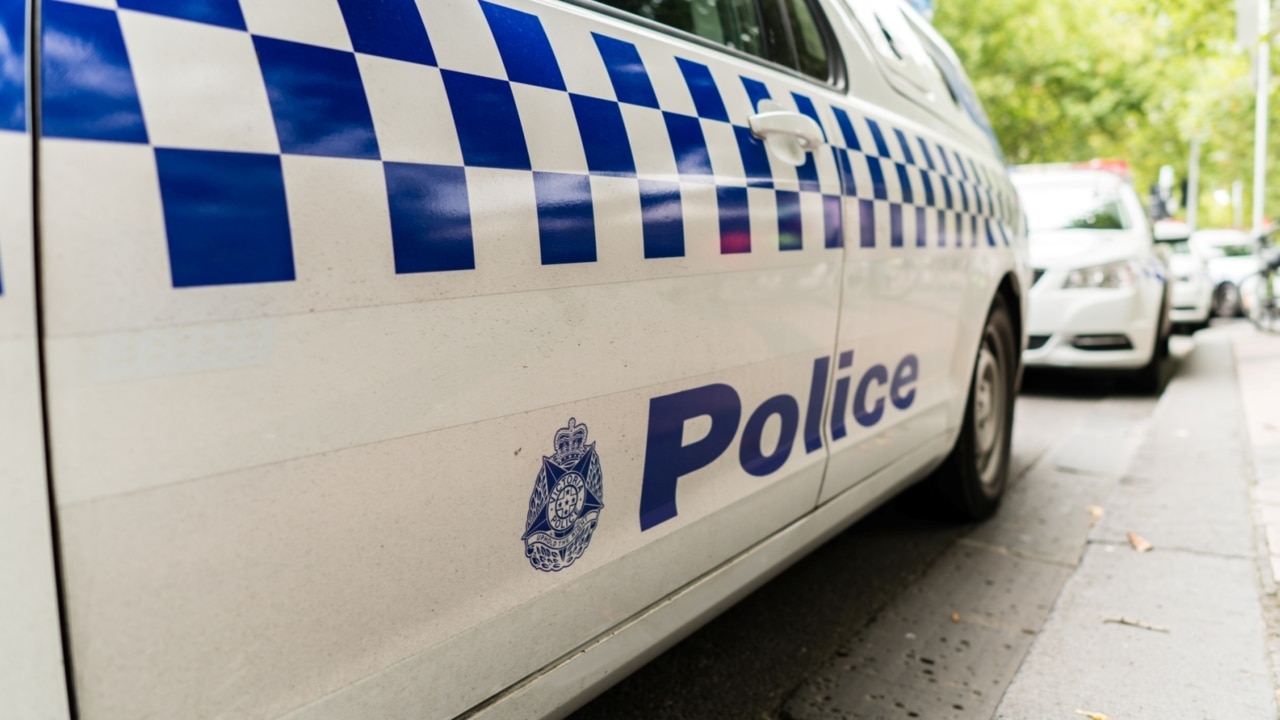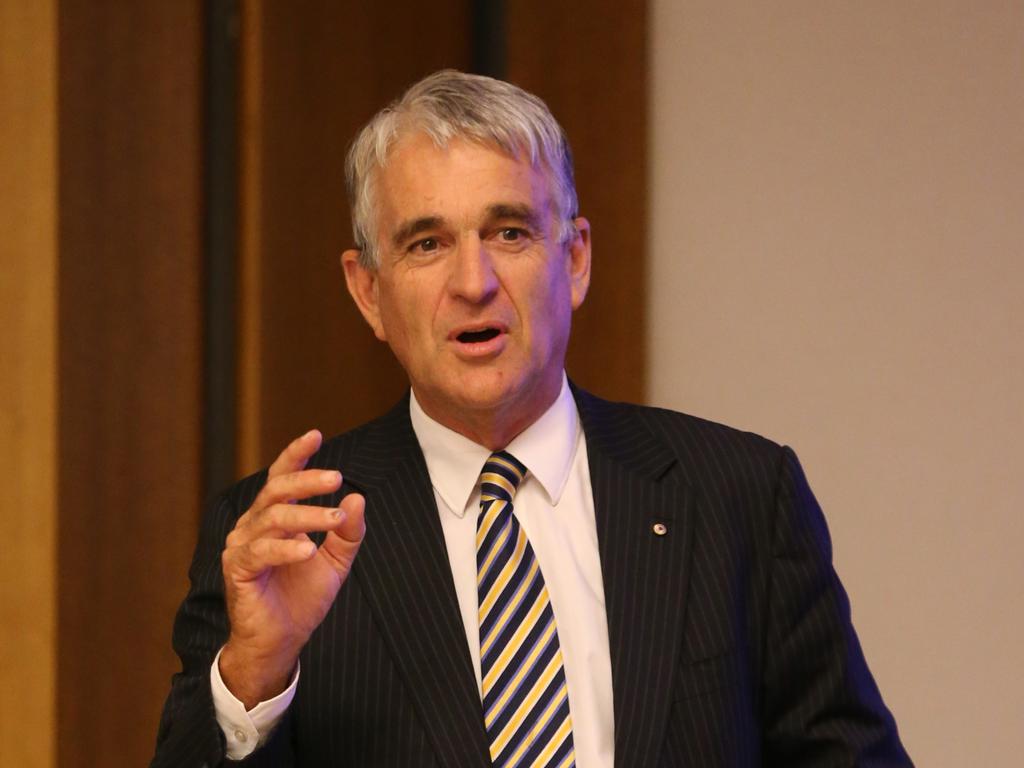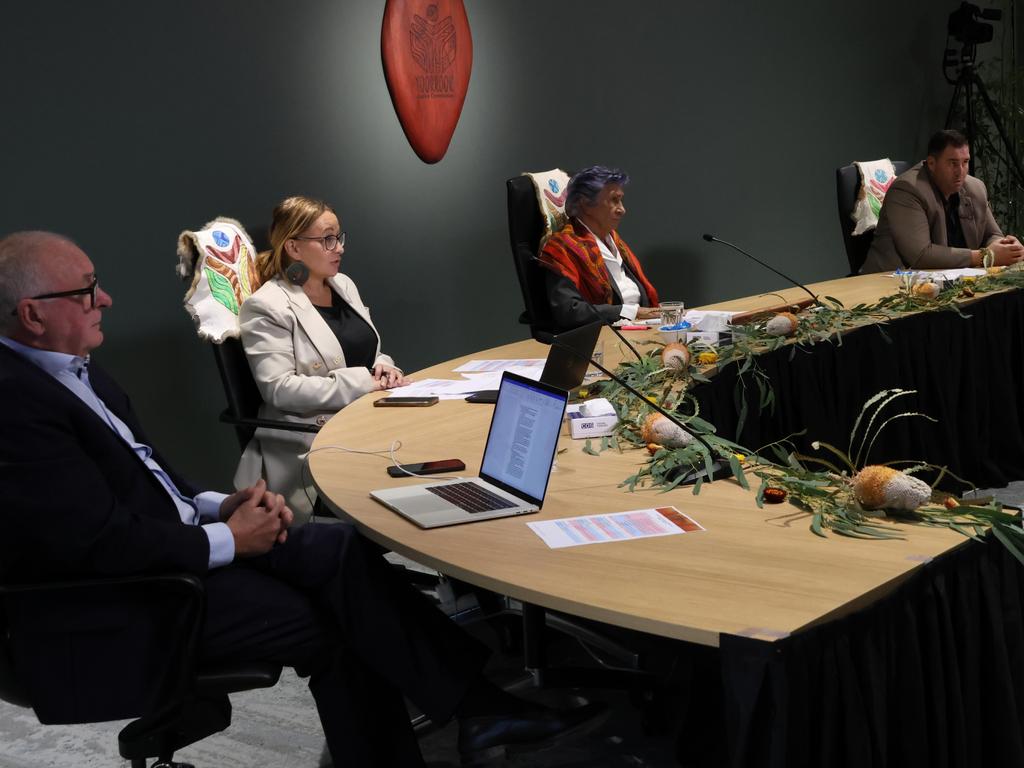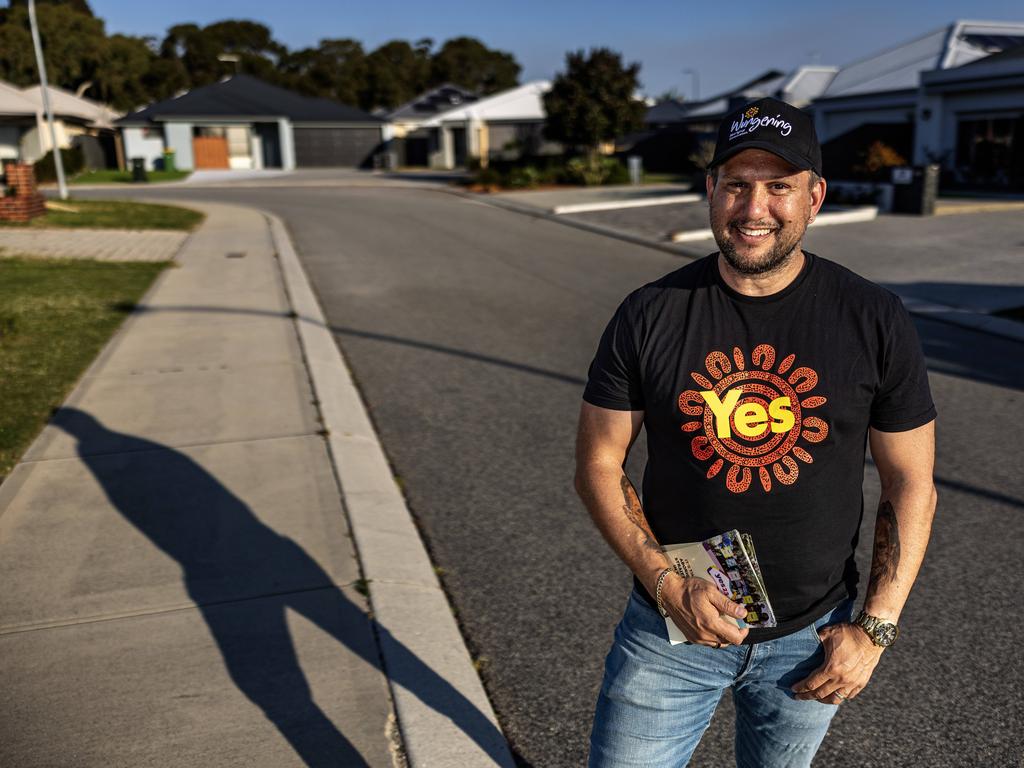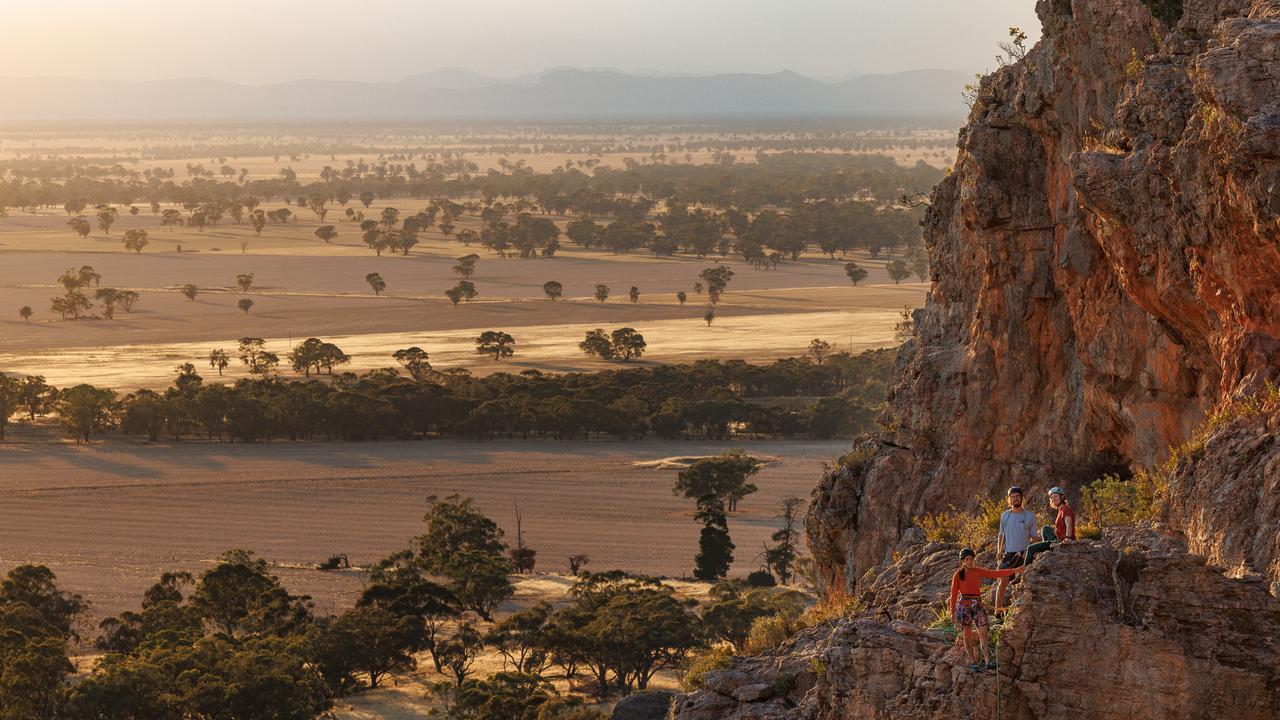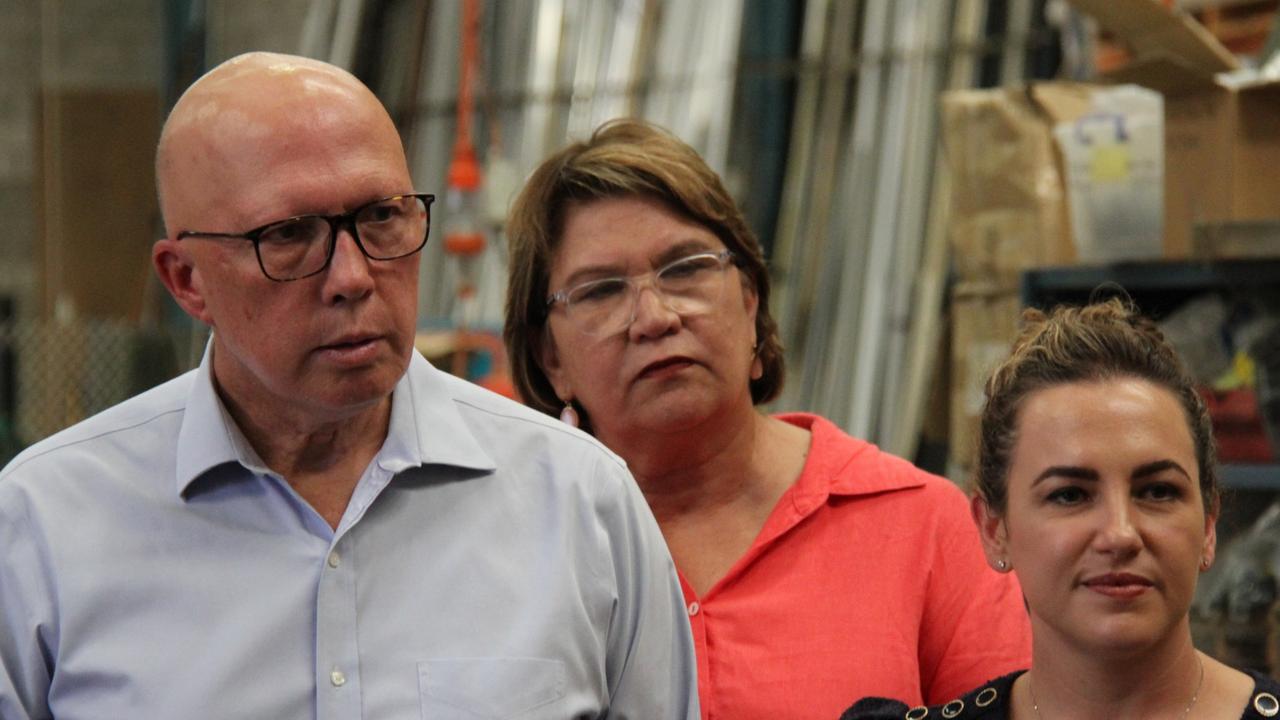Yoorrook Commission’s recommendations are ‘taste of what we can expect’ if voice to parliament is enshrined, says Jacinta Price
Jacinta Nampijinpa Price has warned recommendations made by Victoria’s Indigenous ‘truth-telling’ commission are ‘just a taste’ of what to expect if the voice is enshrined.
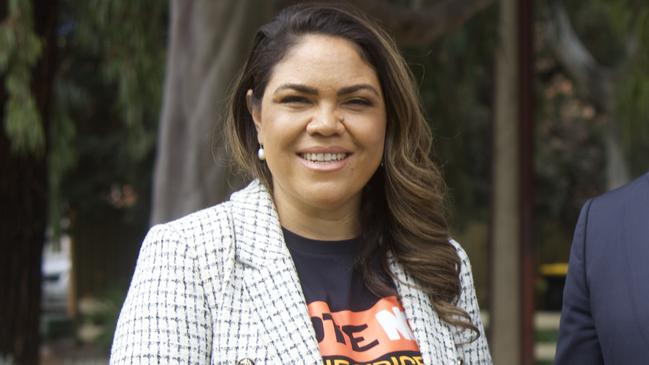
Coalition frontbencher Jacinta Nampijinpa Price has warned recommendations made by Victoria’s Indigenous “truth-telling” commission “lower expectations” for Aboriginal people, will not solve the problems that lead to over-representation in the criminal justice and child protection systems, and are “just a taste” of what to expect if the voice to parliament is enshrined in Australia’s Constitution.
The opposition Indigenous affairs spokeswoman’s concerns were echoed by Victorian Indigenous leader Ian Hunter, who said some of the demands made in the Yoorrook Justice Commission’s report, handed down on Monday, would result in an “apartheid” system with “one rule for blackfellas and another for everyone else”.
Premier Daniel Andrews responded to concerns that the demands would result in separate justice systems for Indigenous and non-Indigenous Victorians by declaring the state’s Koori Court to have been a “stunning success”. However, Mr Andrews indicated his government was unlikely to meet the “ambitious” 12-month timeline set by the commission to respond to its 46 recommendations.
Indigenous leader Marcia Langton and former Liberal Indigenous affairs spokesman Julian Leeser, both voice proponents, argued the issue had “nothing to do with the voice”, which would only advise parliament and the executive government.
Victorian First People’s Assembly co-chair Rueben Berg said any demands would be “subject to ongoing negotiations with the government over the coming years”.
The report into Victoria’s child protection and criminal justice systems argued present-day failures were “deeply rooted in the colonial foundations of the state of Victoria”, which were “predicated on beliefs of racial superiority”.
It called for “decision-making power, authority, control and resources” in both child protection and criminal justice to be transferred to Indigenous Victorians; detention for children under 16 to be abolished; Victoria Police to “take into account an Aboriginal person’s unique background and systemic factors when making decisions on cautioning or diversion” and; courts to similarly account for “the unique systemic and background factors affecting First Peoples” when sentencing Indigenous offenders.
The 46 recommendations also include requirements for health services, the Department of Families, Fairness and Housing and Victoria Police to undertake “appropriate training to address bias”, which must be “designed and delivered by a Victorian First Peoples business or consultants on a paid basis.”
Senator Price said the proposed federal voice, to be put to a referendum on October 14, would “not be an advisory body”.
“It would have the constitutional right to make representations,” Senator Price said.
“That right to representations makes it a constitutionally enshrined lobby group, and these recommendations are just a taste of what we can expect if the divisive voice is enshrined in our Constitution.
“These recommendations show the real agenda behind the Uluru Statement’s voice, treaty, truth agenda that the Prime Minister and the Labor Party have committed to in full.
“The voice is not about unity or righting the wrongs of the past; it is about division and is the first step towards permanent separation.
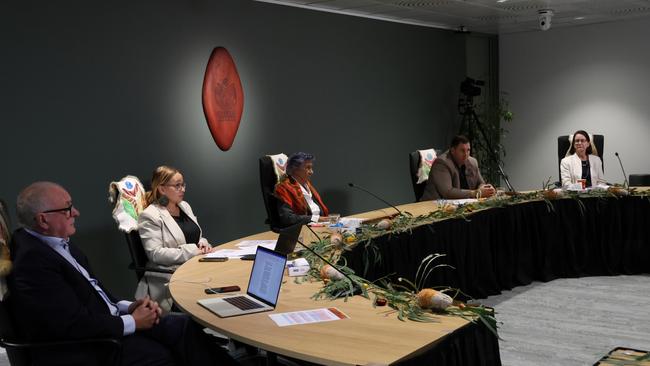
“Lowering expectations for Aboriginal Australians does not help solve the problems that lead to over-representation in the criminal justice and child protection systems.”
Mr Hunter, a Wurundjeri elder and uncle of Yoorrook Justice Commission deputy Sue-Anne Hunter, seized on Mr Andrews’ comments about the success of the Koori Court, saying the Premier should familiarise himself with the case of 22-year-old Alisha Fagan, who last month was sentenced by the court to 2½ years’ jail with a non-parole period of six months over the death of 69-year-old grandfather Sedat Hassan.
When her car collided with Hassan’s, Fagan was a suspended learner driver on four sets of bail for driving offences. She had been drinking, and was speeding 28km/h over the limit in a residential street.
“They’re getting lenient sentences, and they want them to be even more lenient,” Mr Hunter said. “The irony is that if we were going to have a traditional sentencing situation, the grandfather’s family would have the right to spear her (Fagan). Do they want traditional customary retribution? I don’t think so.
“I’m glad they (Yoorrook) are bringing up this rubbish, because it’s going to make more people more determined to vote no to the voice. It’s everything that’s wrong with the voice. It’s apartheid. It’s one rule for blackfellas and another for everyone else.
“Reconciliation should be about working together. We don’t need a ‘them’ and an ‘us’.”
Mr Andrews said the state opposition parties would be judged appropriately if they were “opposed to doing everything we can to keep First Nations, Aboriginal Victorians out of jail”.
The Premier described Yoorrook’s 12-month timeline for implementing its recommendations as “ambitious”, indicating his government was unlikely to meet it.
The Premier also indicated the recommendation to ban detention for children under 16 as “not consistent” with his government’s policy of raising the age of criminal responsibility from 10 to 12 in 2024 and to 14 by 2027.
Professor Langton said the voice was “not going to be in any way involved in these sorts of matters”. “These are state matters. I’m sure that if a voice eventuates, that the members of the advisory committee would note the findings, but it would not become a national issue unless that were urged upon it by the majority of Aboriginal and Torres Strait Islander people across the commonwealth. In other words, this is not a matter that the voice would intervene in.”
Mr Leeser said the Yoorrook report had “nothing to do with the voice”.
“This is a state government matter that has nothing to do with the proposal being put on the ballot paper,” he said. “Government can accept, reject, or cherrypick advice, as it does now with a range of advisory bodies. If suggestions are ever put up that are unacceptable, the parliament will say no.”
Mr Berg said Indigenous Australians should be able to have a say in the decisions affecting them.
More Coverage
